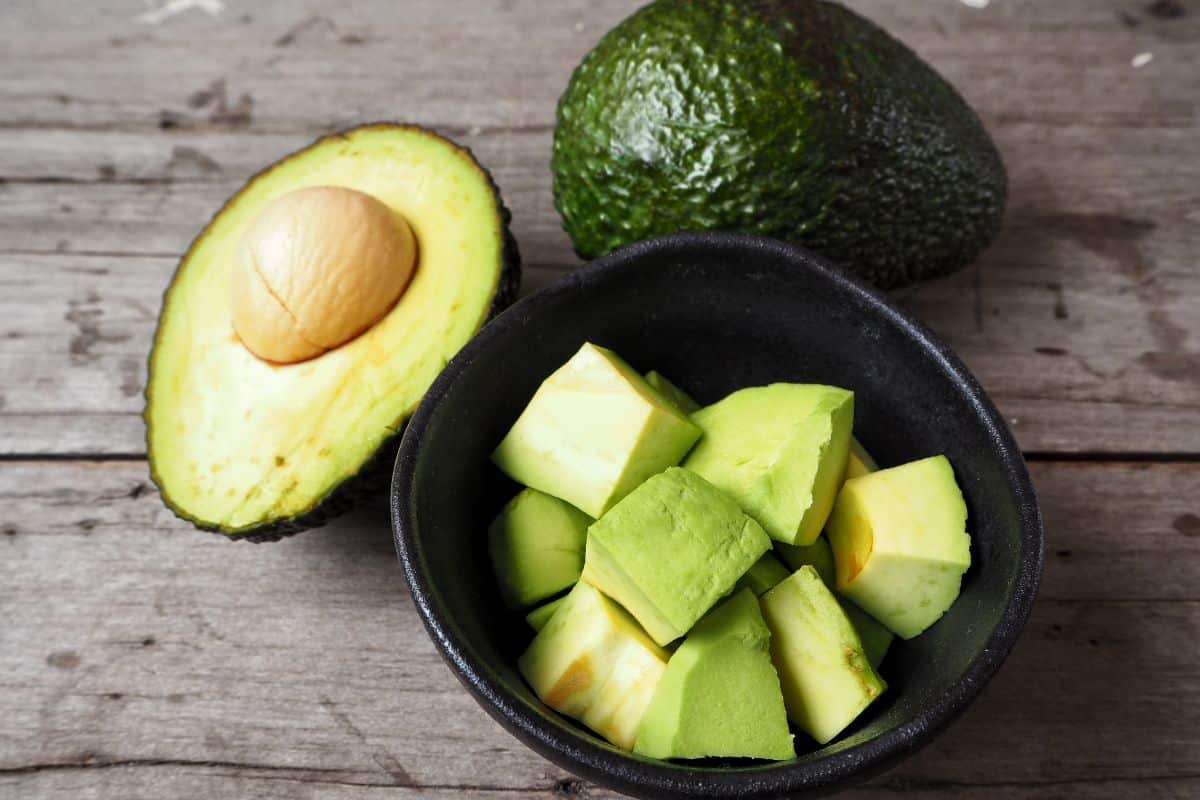Avocados are renowned for being jam packed with vitamins and nutrients. Loaded with vitamins B6, C, E, and K, as well as niacin, potassium, pantothenic acid, and omega-3 fatty acids, there’s no doubt that avocados can be considered a type of superfood.

In a world struggling with an obesity crisis, foods like avocados are a Godsend. Not only do they taste delicious, but they help you feel full between meals, thanks to their high levels of lutein, beneficial fats, and beta carotene. But, a mystery surrounds this tropical superfood.
And, no, it’s not whether you add an “e” to the end – you don’t! No, the mystery we want to delve into today is whether avocados are stone fruits, or not. Join us as we explore the fascinating world of avocados to uncover the truth behind their classification.
Today, we will unravel the unique characteristics and botanical traits of avocados, shedding light on whether they truly deserve the label of a stone fruit.
Avocados – Stone Fruit Or Not?
Known for their creamy texture and rich flavor, avocados have gained immense popularity in recent years. While many associate stone fruits with the likes of peaches and cherries, the status of avocados remains ambiguous.
However, when we examine their seeds, structure, and growth patterns, we can decipher the botanical classification of avocados. So, are avocados stone fruits? No, they are not classified as stone fruits.
This may confuse you as they seem to hold the necessary characteristics to be one, such as a single large seed. However, because of the fruit’s fleshy nature, they can not be regarded as stone fruits.
Stone fruits, typically characterized by a fleshy outer layer surrounding a hard pit or stone, include popular varieties like peaches, plums, and cherries.
These are a specific type of fruit that have a fleshy outer layer (the fruit) and a hard inner layer (the stone or pit) that encloses the seed. Examples of some other stone fruits include peaches, plums, cherries, and apricots.
Avocados, on the other hand, are classified as a single-seeded berry. They have a thick, outer skin and a large seed in the center. While the seed of an avocado is hard like a stone, the fruit itself is not considered a stone fruit.
Fun Fact – Avocados are unique in their classification and are often referred to as “alligator pears” due to their green, textured skin.
Stone Fruits Similar To Avocados
Although avocados are not classified as stone fruits, there are some stone fruits that are similar. Thee include:
- Cherries – like avocados, cherries are a somewhat misunderstood fruit. Many believe them to be berries but, in truth, they are a stone fruit. Both cherries and avocados have a seed or pit in the center, but their taste, texture, and overall characteristics differ significantly from one another.
- Apricots – because apricots have a singular large seed or pit, they are similar to avocados. However, apricots are regarded as stone fruits and have a distinctly different flavor and texture to avocados.
- Mangoes – large and juicy, mangoes are packed with fiber and similar to avocados. Again, though, a mango’s taste, texture, and appearance significantly differs from avocados.
- Peaches – some people mistake peaches for avocados because of their fleshy outer layer that surrounds a hard pit, but this fruit is classified as a stone fruit.
So, What Is An Avocado?
Avocados are technically berries. They are classified as this because of their fleshy endocarp (the innermost layer of the pericarp enveloping a seed within a fruit).
Avocados also sport tiny seeds, although other berries do not share any resemblance to these minute seeds. Whilst avocados are not considered stone fruits, they are as close to the classification as a fruit can be.
The large seed in an avocado’s center is the main reason the fruit is often thought of as a stone fruit. If an avocado was to be considered a stone fruit, their stones would be categorized as freestone.
A fruit with a freestone is one in which the flesh separates easily from the pit or stone, making it simpler to eat or remove for culinary purposes. Some examples include peaches, nectarines, and certain varieties of cherries.
In Summary
You now have your answer to whether avocados are stone fruits or not. And, the answer is, no. Although they have one large seed in their center, avocados are not classified as stone fruits because of their fleshy endocarp.
Avocados belong to a unique category as a single-seeded berry, distinct from stone fruits like peaches, plums, and cherries. While they may share certain superficial similarities, avocados possess distinct characteristics in terms of taste, texture, and botanical classification.






